The 1st Annual Conference of the Just Transition Operational Programme confirmed the need to continue the transformation of coal regions for a better future.
30. 1. 2025
9:00–16:00
The conference, which took place in the beautiful premises of the campus of J.E. Purkyně University in Ústí n. Labem, attracted a large number of public administration representatives, experts from Czech and foreign coal regions and representatives of the European Commission. The aim was to assess the progress in the just transition over the last two years, to be inspired by examples from other countries and to seek answers to key questions related to future development of the Czech coal regions after 2027.
„Just transition is a process to ensure that the change from a coal to a green economy is fair for all regions concerned and their inhabitants. We thank all partners at local and European level for their active cooperation,“ said Petr Hladik, Minister of the Environment, in his opening speech.
The Governor of the Ústí Region Richard Brabec added: „Our regions have a chance to become an example for others. Transition is not just about economic change, but mainly about people, their education and creating sustainable living conditions.“ The conference was also addressed by representatives of the European Commission, including Pascal Boijmans from DG Regio, who stressed that the Just Transition Programme is one of the most successful programmes in the use of the Just Transition Fund (JTF) in the European Union.
The programme was packed with expert discussions
The morning part of the conference was focused on assessing the current state of implementation of the Just Transition programme (OPST) in Czech coal regions and sharing inspiring examples from other EU countries such as Poland, Estonia, Hungary and Germany.
„Of the total allocation of 41.4 billion CZK (1,64 billion EUR), 85.9% has been allocated in the calls as of 10 January 2025. Legal acts have been signed for 56.8% of the allocation, which represents 986 projects that can already draw receive for their implementation,“ said OPST Director R. Leistner Kratochvílová.
The workshops have provided interesting conclusions
The afternoon workshops focused on finding concrete solutions in key areas of transition. The success of these interactive sessions was proof that open communication and cooperation between different actors is essential to achieve the long-term goals of the Just Transformation programme.
Conclusion: future challenges and opportunities
The future of just transition financing beyond 2027 remains a key challenge, and the Czech Republic is already effectively benefiting from the Just Transition Fund. Continued support from European funds beyond 2028 will be necessary to ensure long-term sustainability. The conference confirmed that the transition of coal regions is a complex process that requires the integration of economic, environmental and social aspects. Strategic projects play a crucial role as they combine investments in infrastructure with support for education and innovation.
We thank J. E. Purkyně University for providing the space and all panellists and participants for their active participation.
You can watch the morning session online.
WATCH THE STREAMProgramme
Morning block
- 9:00 – 9:30 Registration and morning coffee
- 9:30 – 11:45 Opening remarks and panel discussions focused on the Czech and European context of transition
Just Transition in the Czech context – How far are we now with the transition of the Czech coal regions and how did we get here?
Just Transition in European Context – How can coal regions from other EU countries inspire us? - 11:45 – 13:00 Lunch and networking
Afternoon block
13:00 – 15:00 Afternoon workshops
1. How to easily transform coal regions beyond 2027?
What are the existing barriers? Why and how continue with the transition? Where to direct resources effectively?
2. How to involve public easily in the transition process?
Who to involve in the process and when? What tools to use and why is public involvement crucial for successful transition?
(Just in Czech)
3. How to easily use financial instruments in just transition?
For whom should financial instruments be primarily intended? How can they be set up to support the development of innovation in the regions and be attractive to applicants?
(Just in Czech)
15:30–16:00 Workshops summary and closing remarks
Guests
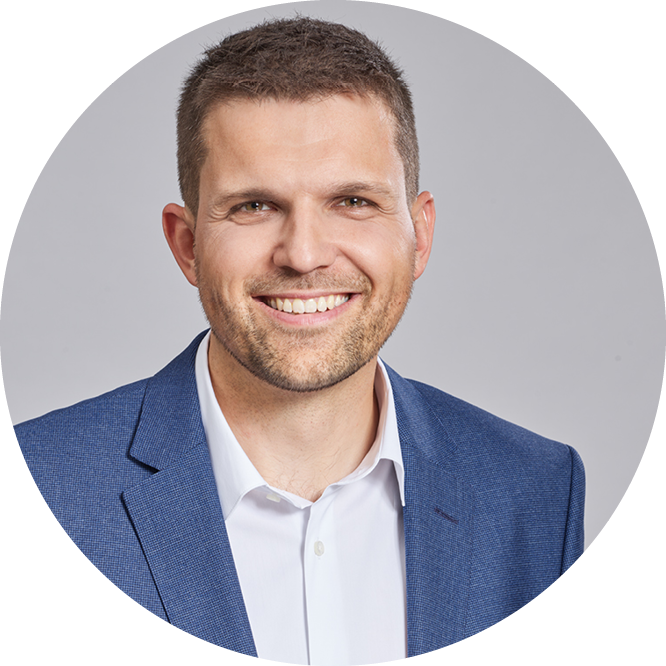
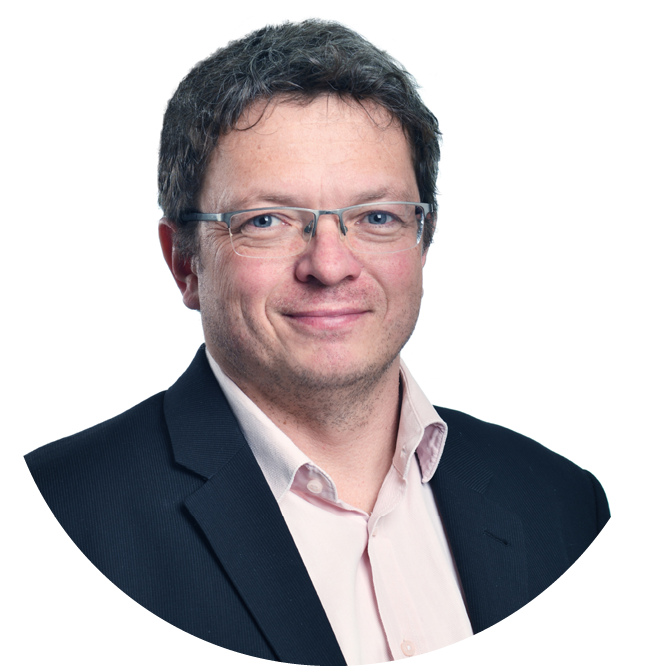
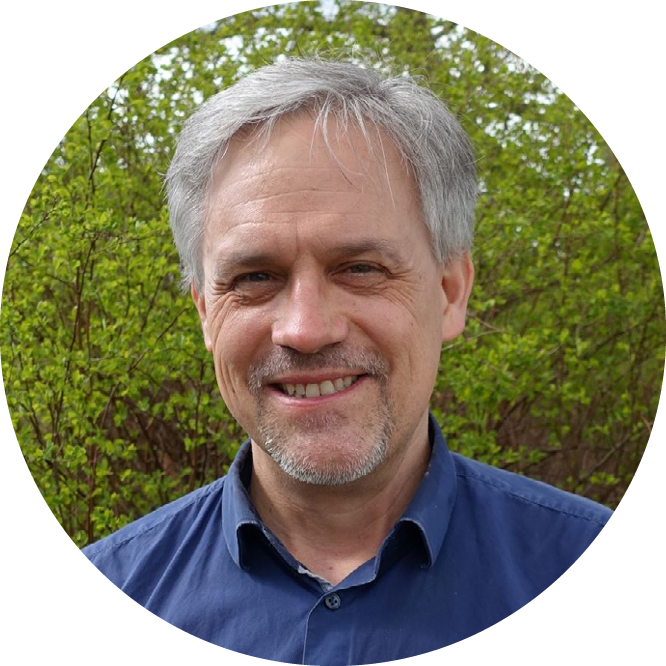
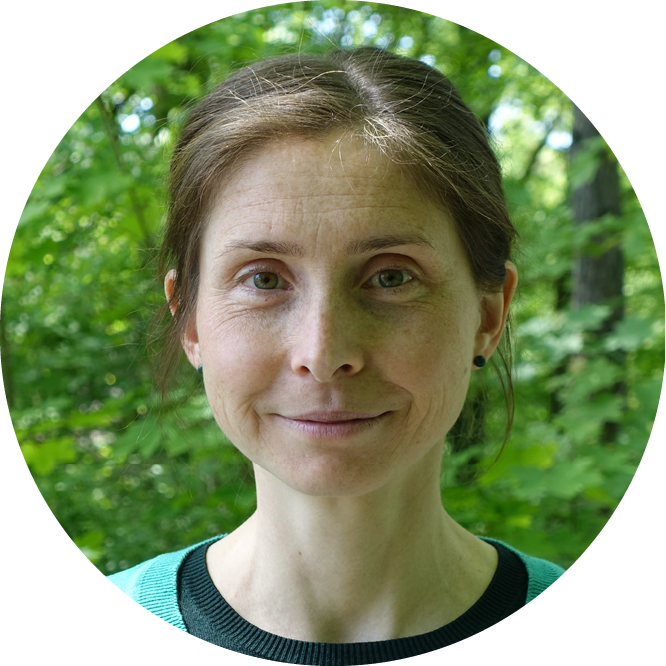


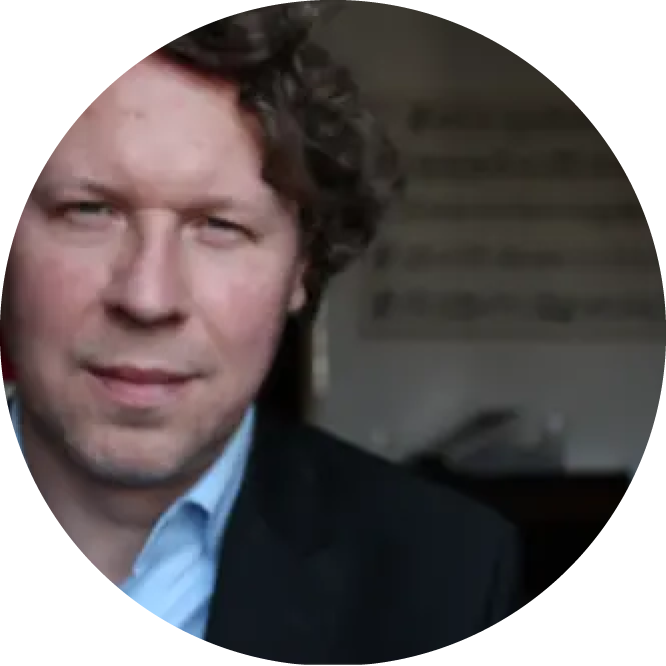


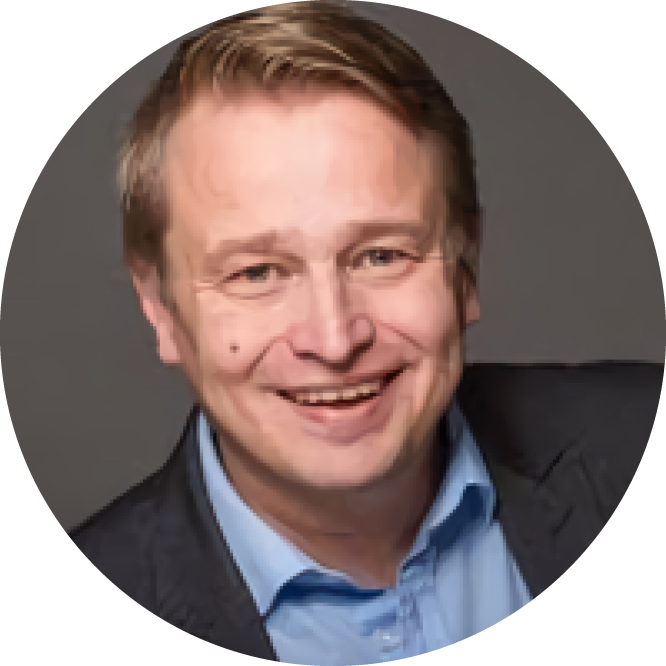
Accommodation and transport
PRACTICAL INFORMATION
How to get to Ústí nad Labem? The closest airports are in Prague or Dresden. It is an easy travel to Ústí nad Labem by train from Prague (Praha – Hlavní nádraží) or from Dresden.
How to get from the train station to the venue?
– you can use the bus/trolley from Mírové náměstí (3 min walking from the train station), you can pay with credit/debit card on the bus/trolley
– lane 81 or 71 to stop Kampus
– lane 451 to stop Poliklinika
– you can use the taxi +420 602 850 405, +420 723 839 840, +420 777 036 926
RECOMMENDED ACCOMMODATION
We have negotiated a discounted rate for accommodation for the night of 29th January. Use the code: TRANSFORMUJ
Clarion Ústí nad Labem
– Single room: 1975 Kč
– Double room: 2500 Kč
–Contact: d.jedlickova@clarion-hotels.cz, Password: TRANSFORMUJ
Interhotel Bohemia
– Single room: 1470 Kč
– Double room: 1750 Kč
– Contact: info@ihbohemia.com, Password: TRANSFORMUJ
Hotel Větruše
– Single room: 1900 Kč
– Double room: 2600 Kč
– Contact: hotel@hotelvetruse.cz, Password: TRANSFORMUJ